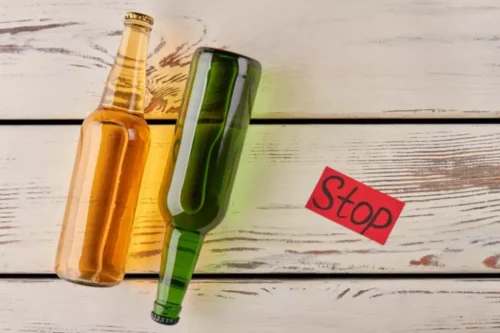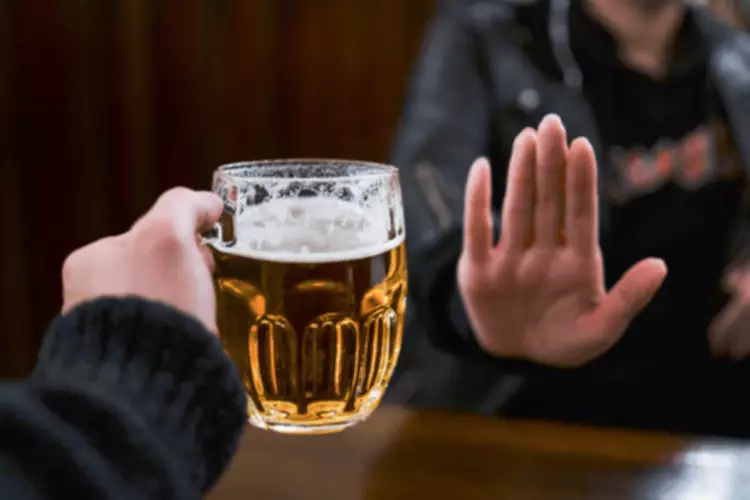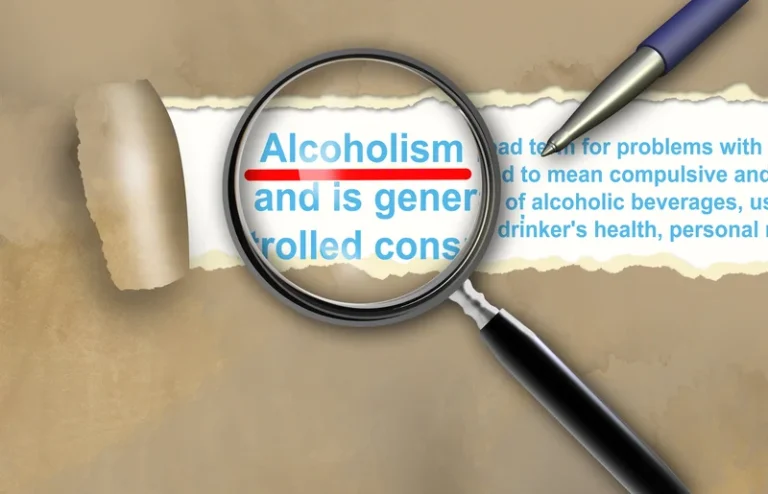
Read more about the ABCD study on our Longitudinal Study of Adolescent Brain and Cognitive Development (ABCD Study) webpage. When Swiss mice received 30 mg/kg oral CBD or placebo in sunflower oil for 34 consecutive days, CBD decreased total circulating testosterone by 76% (still within normal ranges), significantly increased abnormalities in spermiation and meiotic stages [104]. https://ecosoberhouse.com/ CBD-treated mice had a 38% reduction in spermatozoa in the epididymis tail and more head abnormalities in the sperm and cytoplasmic droplets in the flagella medial region. Following oral 30, 100, and 300 mg/kg CBD for 90 days in rhesus monkeys, significant 57% decreases in testicular weights were observed after 200 mg/kg CBD that continued after the end of treatment [61].
- This increased activity positively affects pain, reduces anxiety disorders, stress, depression, sleep disorders, and obesity, among other things.
- The first pilot clinical study evaluated the effects of CBD in smokers trying to achieve cessation.
- The exact reasons why CBD causes this effect are not fully understood, but some research suggests that CBD’s impact on the endocannabinoid system might affect how saliva is produced.
Is CBD Oil Addictive?
A limited number of preclinical studies suggest that CBD may have therapeutic properties on opioid, cocaine, and psychostimulant addiction, and some preliminary data suggest that it may be beneficial in cannabis and tobacco addiction in humans. Further studies are clearly necessary to fully evaluate is cannabidiol addictive the potential of CBD as an intervention for addictive disorders. On the other hand, the role of CBD in alcohol, opioid and psychostimulant use disorders lies mainly in the studies carried out with different animal models, which in turn motivated the performance of several ongoing clinical trials.

Health & Wellness

In addition to changes in reward processing, chronic cannabis use also seems to affect emotion processing. Several MRI studies reveal functional and structural differences in the amygdala – a key brain structure in processing emotions – after chronic cannabis use. Compared to healthy controls, adolescents who used cannabis had lower activation in the amygdala in an emotional arousal word task during fMRI (Heitzeg et al. 2015). However, in another fMRI study, adolescent cannabis users showed greater amygdala activation to angry faces compared to controls (Spechler et al. 2015). Another study of facial emotion recognition found that during abstinence, cannabis-dependent patients performed significantly worse than controls in the identification of negative emotions suggesting a lasting impact on emotion recognition after chronic cannabis use (Bayrakçi et al. 2015). Together, these fMRI findings indicate that chronic cannabis use alters amygdala function.
- Individuals seeking to use cannabis, in general, for opioid addiction should proceed cautiously as with any pharmaceutical drugs.
- However, in some cases, you might have to change drugs or space out your doses to avoid a reaction.
- CBD protects against hippocampal pathology following chronic frequent THC use [42].
Are there any bad effects from stopping CBD suddenly?
- CBD doesn’t contain tetrahydrocannabinol (THC), the psychoactive ingredient found in marijuana that produces a high.
- Be sure to tell your healthcare provider about any other medications you might be taking in order to prevent any potential drug interactions.
- However, CBD products often contain more THC than the label suggests—and THC is addictive.
- In addition, variables like motivation, reinforcement, withdrawal, relapse, and retention in treatment should be considered for a global overview during treatment for CUD.
- However, additional studies are needed to precisely determine the target engagement profile of CBD.
- Over the years, marijuana farmers have selectively bred their plants to contain high levels of THC and other compounds that suited their interests.
Cannabidiol (CBD) is a non-psychoactive compound found in the cannabis plant, which is often confused with marijuana. It differs from its cannabinoid counterpart, THC, in that it does not produce a high or any intoxicating effects. Researchers need to carry out large-scale, high-quality clinical trials to thoroughly investigate the potential medical applications of CBD. In a 2017 study, 60 adults with no history of anxiety, mental illness, or drug dependence received 100, 300, or 900 mg doses of CBD or a 1 mg dose of clonazepam before giving a speech.
Specifically, this chronic cannabinoid exposure altered PFC structure and impaired cortical synaptic plasticity from reduced long-term potentiation (LTP) in the hippocampus-PFC circuit. These findings support the theory that adolescent cannabis use causes lasting deficits in memory. However, they are likely age-specific effects as preclinical and clinical studies have demonstrated a lack of long-lasting cognitive impairments from adult chronic cannabis use (Renard et al. 2016). The withdrawal/negative affect stage is then triggered by opponent-process responses following binge episodes.

Fueling Your Fitness With Cannabis Edibles: Dosage And Benefits
